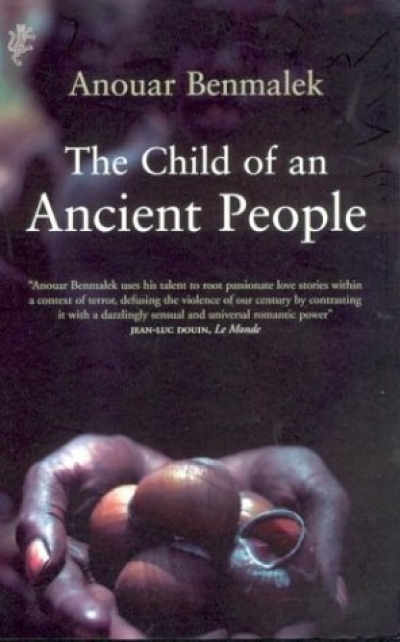Simon Caterson
Collecting Ladies: Ferdinand von Mueller and Women Botanical Artists by Penny Olsen
by Simon Caterson •
In describing the enduring cultural impact of The Spy Who Came in from the Cold – published fifty years ago and often nominated as the best spy novel ever written – a good place to start, strange though it may sound, is James Bond. John le Carré’s squalid yet subtle world of Cold War spies may appear antithetical to the glamorous fantasy of Bond. But it is clear from the last three Bond films, and especially the latest, Skyfall (2012), which of the two visions of espionage, Fleming’s or le Carré’s, is the more mature and compelling.
... (read more)The Child of an Ancient People by Anouar Benmalek (translated by Andrew Riemer)
by Simon Caterson •
Metre: A magazine of international poetry edited by Simon Caterson
by Ann Vickery •



